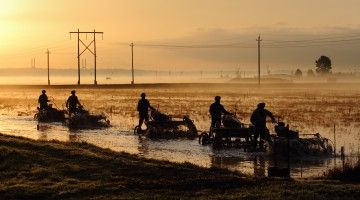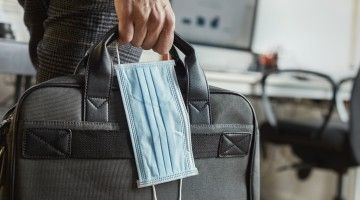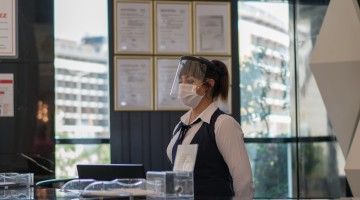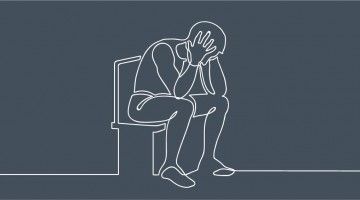At Work 104 (Spring 2021)
Download PDF(1.54 MB)
All At Work articles about research findings can now be found in the Publications & Resources, on the Plain-language summaries page. At Work articles about events, initiatives, appointments and awards can be found in the News & Events section, on the What’s New page.







